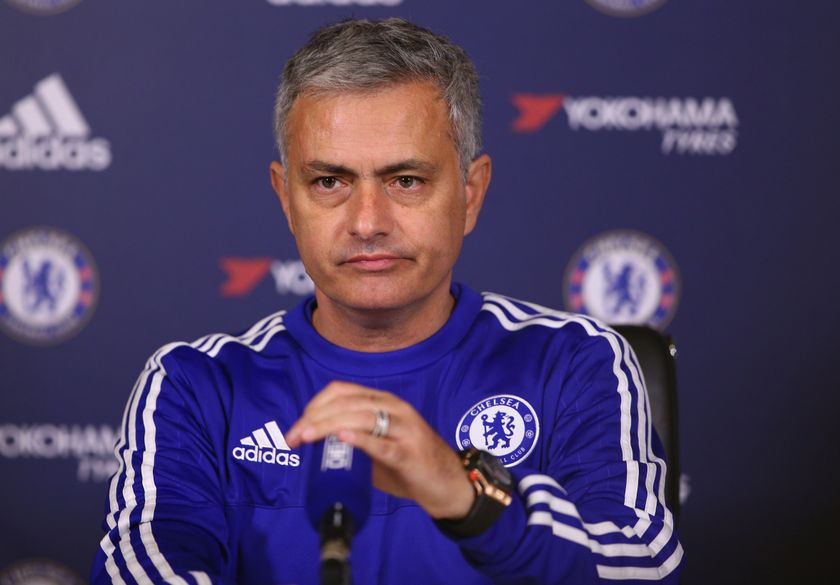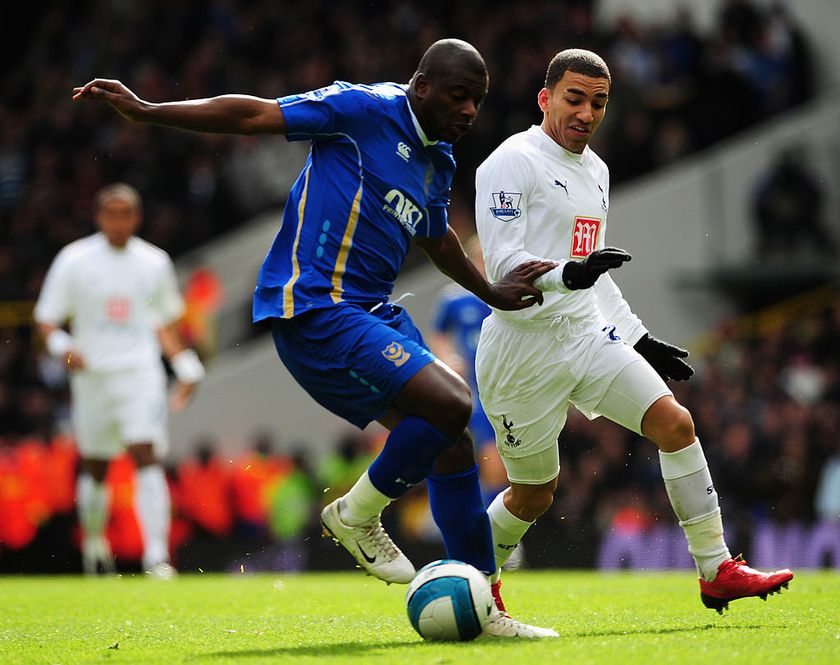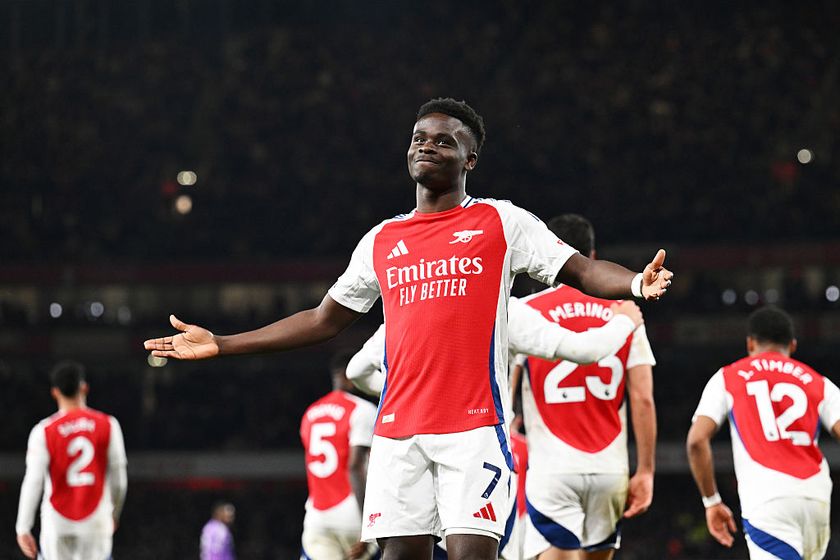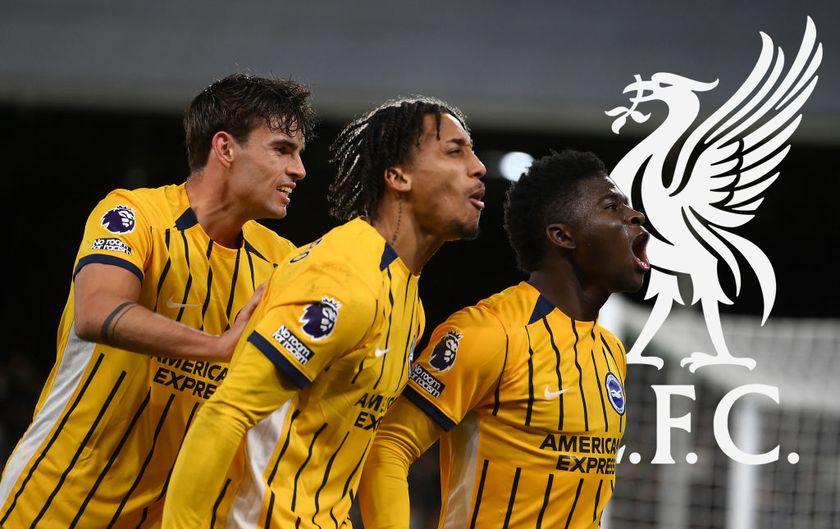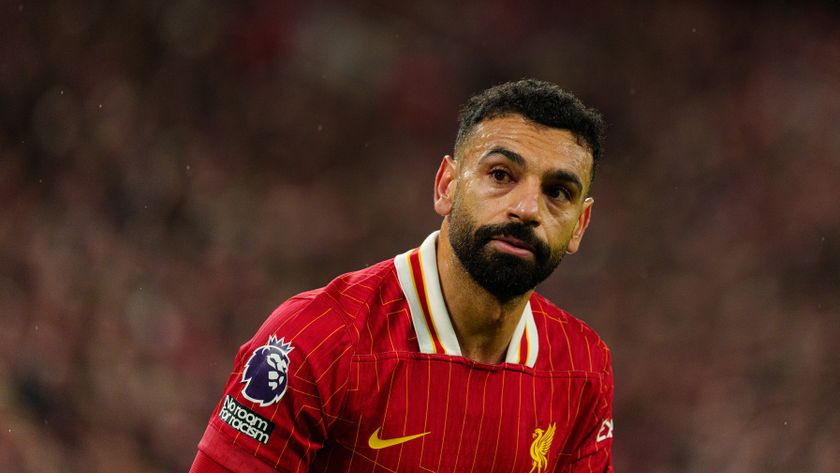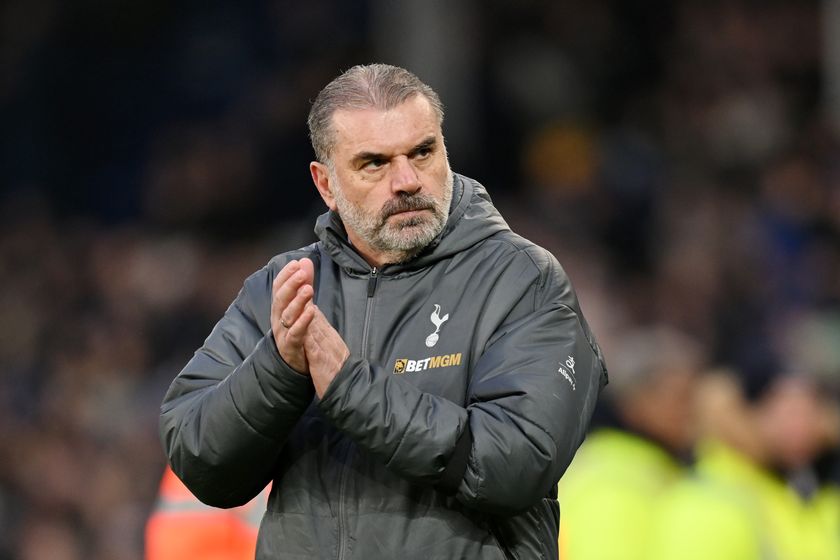Poland expecting 20,000 Russians in Warsaw
Polish authorities expect 20,000 Russian fans to arrive in Warsaw with tickets for the Euro 2012 Group A match against Greece on Saturday, twice the number who came for the game against Poland marred by hooligan violence.
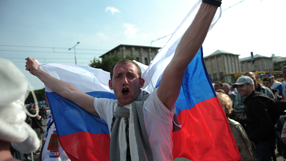
Warsaw officials said there would be sufficient security to protect fans and there would be no repeat of clashes on Tuesday in which Polish hooligans fought Russians and police, forcing officers to fire tear gas and rubber bullets to restore calm.
Police detained 184 people, 156 of them Poles and most of the rest Russians, during hours of sporadic violence around the stadium and close to a central fan viewing area.
Russian President Vladimir Putin told Poland's Prime Minister Donald Tusk during a phone conversation on Wednesday that Warsaw bore "full responsibility" for the safety of fans, raising the stakes in events which have brought the nations' troubled relationship to the fore.
"The security arrangements [at Saturday's match] will be adequate for the risks," Interior Minister Jacek Cichocki said in a radio interview.
The first sentences for the hooligans handed out by a Warsaw court on Wednesday included suspended jail terms of up to 12 months and fines of 500 zlotys ($150).
That was greeted with derision by some Polish media, and President Bronislaw Komorowski, while declining to comment on Putin's demands, said the government must act to ensure tougher sentences were imposed on hooligans.
"There is a turning point now... this is the moment when Poland should implement sharper penalties in a move to free us from fear," the President told broadcaster TVN24.
Get FourFourTwo Newsletter
The best features, fun and footballing quizzes, straight to your inbox every week.
Putin advisor Mikhail Fiedetov told leading Polish broadsheet Gazeta Wyborcza on Thursday he had suggested to Poland's Interior Minister that June 12 become a day when both national teams play a friendly match each year, to forget the hooliganism.
FLASHPOINT
Nearly 40 judges at a court house - just a block away from the city centre where 100,000 fans watched the match - presided over ongoing hooliganism cases on Thursday.
The corridors were filled with often muscular, bald headed men in sweatshirts along with policemen, many in plain clothes, who made a large number of the arrests and were waiting to testify.
Most of the accused were escorted into the courtroom in handcuffs and bore signs they had recently been in fights, including black eyes and scratched faces, with at least one wearing a bloodied sweatshirt.
One taxi driver wearing a Poland team shirt with the insignia of Legia Warsaw sewn on, admitted he threw a road sign at the police, but said it was because he was intoxicated and angry after Russia scored the first goal.
The trigger for Tuesday's trouble was a march across Poniatowski bridge in central Warsaw by thousands of Russian fans to commemorate Russia's Independence Day.
Warsaw deputy mayor Jacek Wojciechowicz told a news conference Russian fans had not filed an application for another march but the Poniatowski bridge was one of the designated routes for fans to use to the stadium for any game.
"We will not dictate how fans should arrive to the stadium. There are certain routes along which we are directing people Fans can go in a
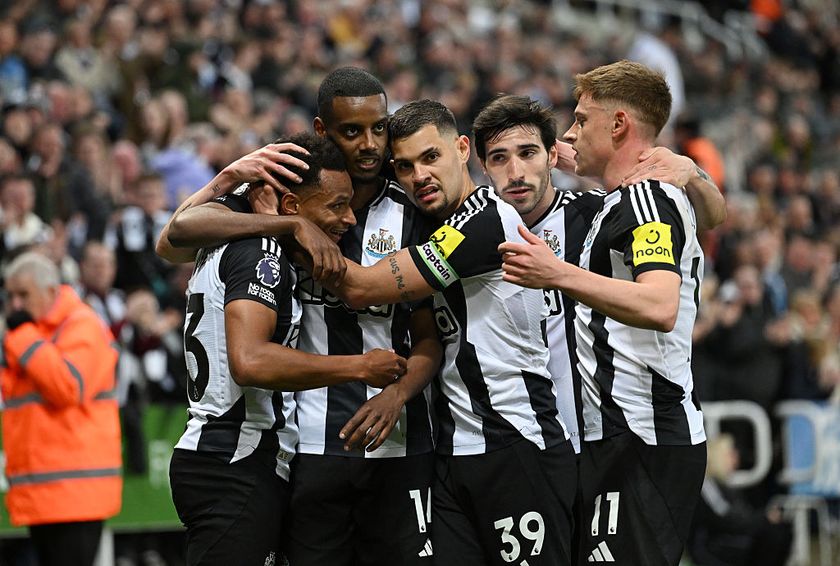
How Newcastle proved their Champions League credentials against Brentford

'I think everybody has said something about it, so why should I add to it? It's so obvious that it's not necessary for me to' Everything that Liverpool boss Arne Slot said about James Tarkowski's unpunished horror tackle
